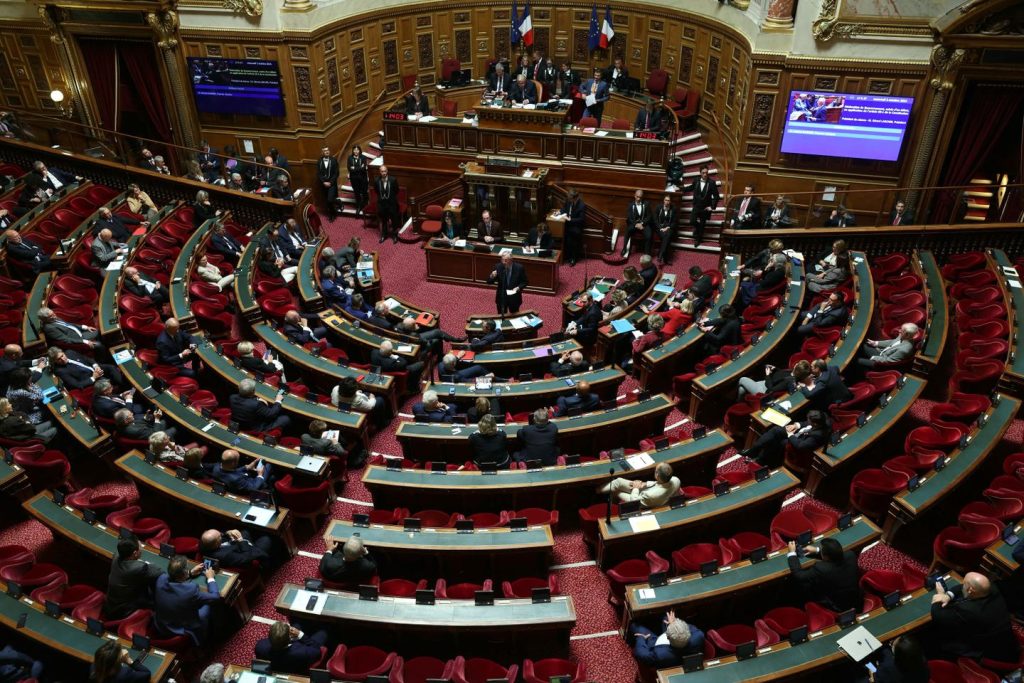A specific CDI designed for individuals who are very distant from the job market: an experimental “part-time” employment program was extended on Wednesday, November 6th by a vote of Parliament, despite concerns from the temporary work sector. Known as the “Employability Part-time Employment Contract” or “CDI-FE”, this little-known program, launched in 2018 on an experimental basis, has been extended for four years following a final vote by the Senate. It is aimed at a specific audience in the process of insertion or reintegration, such as young people, seniors, and long-term unemployed individuals. This type of contract allows a worker to be hired by a company specialized in shared work, which can then place them at other organizations for the execution of tasks.
The experimentation with CDI-FE ended in 2023, and the proposal of the MoDem deputy Nicolas Turquois, which was adopted identically in January by the National Assembly, aims to relaunch it for four years while adjusting its scope. The Minister Delegate for Disabled People, Charlotte Parmentier-Lecocq, who supported the text, stated that proposing to perpetuate CDI-FE as it is would have been imprudent, and abandoning the experimentation would have been a waste. Despite this, several parliamentarians noted the controversy surrounding this program due to difficulties in evaluating it: according to a report from the General Inspectorate of Social Affairs (IGAS) from 2023, only 5,000 CDI-FE contracts have been signed since 2018, with this information only recently being made public.
The temporary work sector has strongly opposed this specific contract. In a letter sent to the senators, most of the sector’s unions highlighted the advantages of the program that make it very attractive to user companies and could destabilize employees with a different type of contract, the Interim Permanent Contract (CDII). The left, which is a minority in the Senate, echoed these arguments, with socialist Monique Lubin denouncing it as a blow to labor rights to satisfy questionable managerial policies. On the other hand, the right and centrist groups have defended this model, stating that it offers flexibility to companies in an uncertain economic environment. Senator Frédérique Puissat from Les Républicains reassured that the criteria of eligibility have been tightened in the Parliament’s vote to better target the relevant demographics and enhance the rights of workers compared to the initial experimentation.
The CDI-FE program aims to provide opportunities for individuals who are struggling to enter or re-enter the job market, such as youth, seniors, and long-term unemployed individuals. This initiative, launched in 2018 as an experimental project, has been extended for four years through a parliamentary vote. Despite concerns and controversies surrounding the program, supporters argue that it provides flexibility for companies in uncertain economic times while opponents express concerns about its impact on other types of employment contracts, such as the Interim Permanent Contract. The ultimate goal is to enhance employability for those who are marginalized from the labor market.


